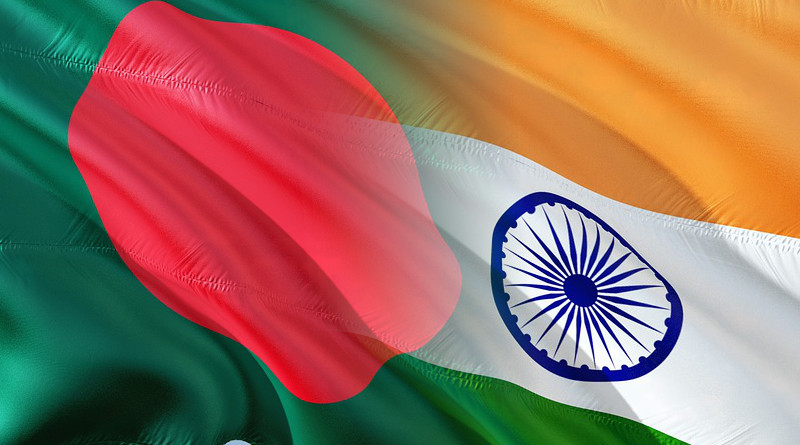In a pointed and unequivocal statement, Bangladesh has firmly rejected accusations from India regarding alleged interference in its internal affairs. The country’s government has made it clear that India’s attempts to dictate its domestic policies or influence its political landscape will not be tolerated. This latest diplomatic clash highlights the growing resentment in Dhaka towards its much larger neighbor’s continuous attempts to meddle in the sovereignty of Bangladesh, which has long fought for its independence and self-determination.
India’s actions have long cast a shadow over the sovereignty of its neighbors, and Bangladesh is the latest nation to push back against this hegemonic behavior. Recently, Indian officials raised concerns over internal political developments in Bangladesh, including the government’s treatment of opposition parties, which India claims could destabilize the region. However, this rhetoric appears more like a thinly veiled excuse for India to exert influence over Bangladesh’s domestic affairs.
Bangladesh’s Foreign Minister, Dr. A.K. Abdul Momen, has made it clear that the government will not allow any interference, especially from a neighboring nation that has frequently sought to impose its political and strategic interests. “We are a sovereign nation. Our decisions are made by our people and government, not by foreign powers. India must respect this fact,” Momen stated, emphasizing that Bangladesh’s internal matters are for Bangladeshis alone to resolve.
Moreover, India’s support for the Rohingya refugees fleeing Myanmar, while ostensibly humanitarian, has been criticized as a geopolitical maneuver to control regional narratives and exert its influence over neighboring Bangladesh. India’s seeming disregard for Bangladesh’s wishes on this matter has been a source of tension, as Dhaka views the influx of refugees as a serious strain on its resources and a challenge to its security.
While Bangladesh faces constant criticism from India, it is important to recognize the double standards that India itself practices. Despite frequent claims of democratic values, India has faced its own significant issues with human rights, minority rights, and political freedom. From the brutal crackdown on dissent in Kashmir to the ongoing suppression of opposition parties at home, India’s credibility as a regional leader has been severely undermined.
Bangladesh, in contrast, has made significant strides in maintaining political pluralism and economic development despite its challenges. Yet India continues to use its position as a regional power to criticize Bangladesh’s internal political matters, often overlooking the fact that Bangladesh is a thriving democracy where the people, not foreign powers, decide the future of their country.
India’s hypocrisy was made even more apparent when it criticized Bangladesh for its handling of opposition parties, despite India’s own consistent attacks on its political opposition and press freedom. This selective criticism, often aimed at weakening Bangladesh’s international standing, smacks of an attempt to control the political discourse in a sovereign nation.
In response to India’s provocative stance, Bangladesh has called for mutual respect and dialogue between the two nations. However, Dhaka has made it clear that dialogue must be conducted on equal footing, with full respect for Bangladesh’s sovereignty and independence. The Bangladeshi government has emphasized that its internal issues, including political disputes, human rights concerns, and governance decisions, will not be influenced or shaped by external powers, particularly not by India.
Moreover, Bangladesh’s commitment to its sovereignty is not just an internal matter; it is a principle enshrined in international law. As a member of the United Nations and other international bodies, Bangladesh has every right to protect its independence and reject any form of foreign interference. The international community must recognize India’s overreach and hold it accountable for its actions.
Bangladesh’s refusal to accept Indian interference is a powerful declaration of the country’s sovereignty and independence. India may seek to impose its will on smaller neighbors, but Bangladesh has made it abundantly clear that it will not bow to external pressures. The nation’s hard-fought freedom and democratic values will not be sacrificed for the sake of geopolitical convenience.
As tensions rise, it is crucial for both nations to find a way to resolve their differences through respectful dialogue. However, Bangladesh’s unwavering stand on its sovereignty signals that it will never compromise on its right to govern itself, free from outside interference. India, as a regional power, must learn to respect the sovereignty of its neighbors if it is to foster peaceful, cooperative relations in South Asia.

